8 ESSENTIAL STEPS TO ENCOURAGE PARENTS TO PURSUE DIAGNOSIS
The Power of Diagnosis

**************************************
Join me for an upcoming Workshop:
Can't make these Workshop dates? Join me for a self-paced on-demand course:
Sue Larkey On-Demand Workshops
**************************************
Discussed in this Podcast:
✅ It’s important to remember that a teacher’s role isn’t to offer suggestions of a diagnosis, it’s to bring things to the parents’ attention.
✅ 8 Steps to Talking for Families about pursuing a diagnosis.
✅ Red Flags for Diagnosis.
✅ Why students should get a diagnosis.
Make sure you listen to this Podcast as each step is discussed in detail including mistakes to avoid and the power of diagnosis.
8 Steps to Talking for Families about pursuing a diagnosis
1. Check your tone.
Tone is everything! The first few sentences and gestures you make are so important to the success of the meeting.
2. Say nice things.
Start with positives. Share positive observations or bring examples of their great work. Don’t just jump into everything that is wrong with a child.
3. Aim to collaborate.
Remember, despite being nice, you also need to be firm. You want the best outcome for the child ie assessment
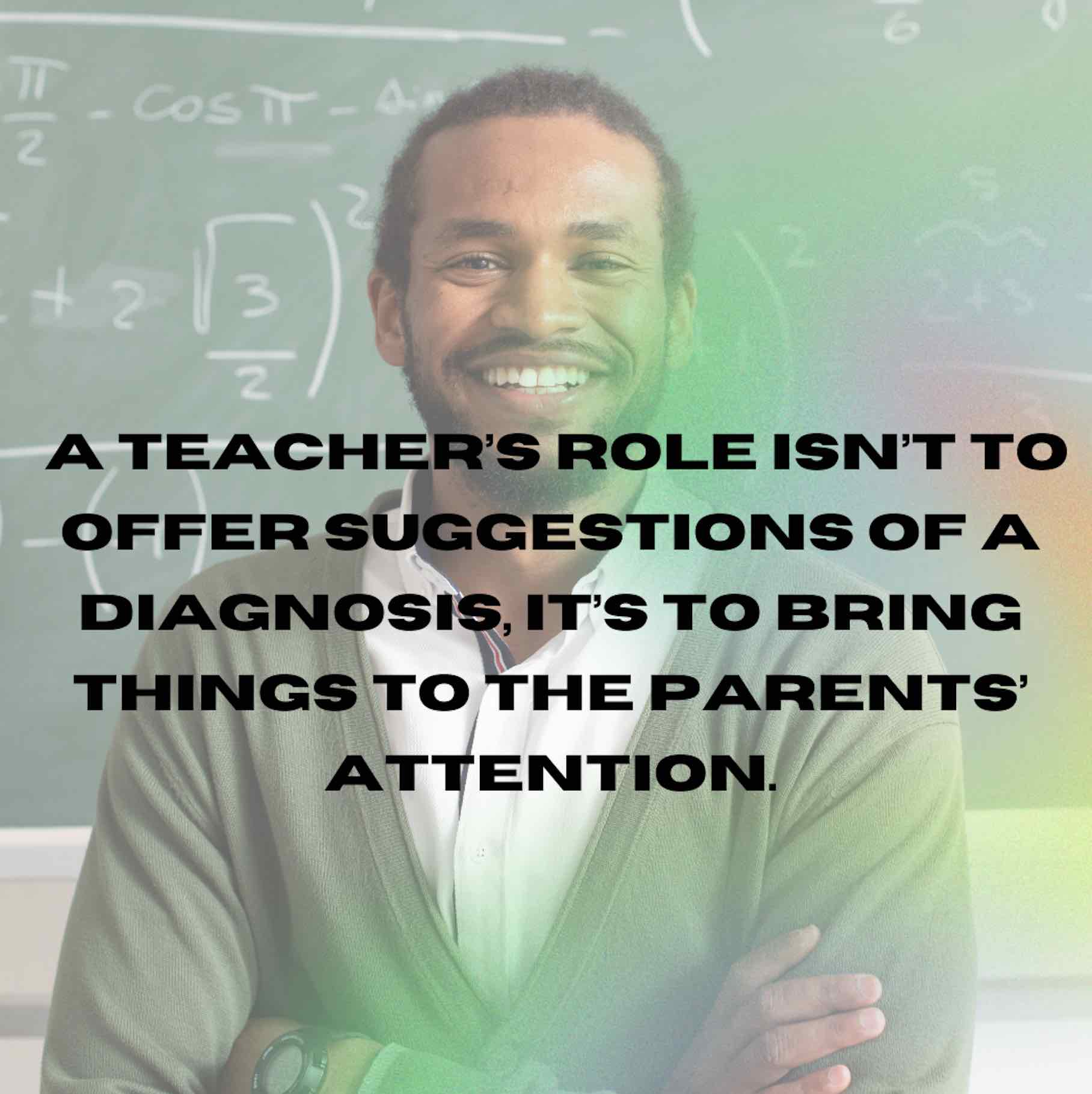
4. Sensory toys and tools for success
ALWAYS have your evidence and extensive notes.
5. Propose possible triggers
It is also your job to try and figure out why this is happening. You need to come up with some ideas and see if the parents have any too.
6. Don’t leave them out…you have to be collaborative
Ask families what they think! Be open-minded, be concerned and value what they have to say. 99% of the time, parents know their children better than ANYONE. So use that to your advantage.
7. Provide solution paths
There is nothing worse than a problem without a solution. Have a list of recommended professionals on hand.
Emily has a list on her Instagram of Psychologists without a waiting list https://www.instagram.com/
8. Mail trial
When the meeting is done you should have come up with a plan they have agreed to and a date to review this. My suggestion is to follow it up with an email. Notes are always great to refer back to.
What are the “Red Flags” (indicators) that educators should look for in children?
These are the 3 Areas to keep an eye on.
Social development and the power of diagnosis
- Are they playing well with others?
- Do they struggle with tasks that the other children appear to manage easily?
- Are they easily distractable to a degree that does not seem age appropriate?
- Have complaints been made about the child by other children or teachers?
emotional development and successful diagnosis
- Does the child appear anxious or stressed?
- How does the child cope with transitions or changes to their routine?
- Is the child able to bounce back after being reprimanded or does it ruin their day?
- How does the child cope with making mistakes?
Academic achievement for students
- Is there a specific area that the child appears to be struggling in?
- Could the child benefit from additional supports?
- Does the child take up more of the teacher aide’s time than other children?
why unlock the power of diagnosis?
- Understanding your child better
- Access to additional supports and funding
- Tailored therapeutic options
- Help the child to understand themselves
- Teachers discussing diagnosis
Information about Emily hanlon
-
FaceBook: https://www.facebook.com/
theplayfulpsychologist Website: https://www.
theplayfulpsychologist.com/ Instagram: https://www.instagram.com/
theplayfulpsychologist/?hl=en Another Great Podcast with Emily
Episode 110: Understanding Autism: Common Confusions and Misunderstandings – with Psychologist Emily Hanlon https://suelarkey.com.au/
understanding-autism/
Kids in the Syndrome Mix
| by Martin L. Kutscher MD | Kids in the Syndrome Mix is a concise, scientifically up-to-date, all-in-one guide to the whole range of often co-existing neuro-behavioural disorders in children from attention deficit hyperactivity disorder (ADHD), obsessive-compulsive disorder, and bipolar disorder, to autistic spectrum disorders, nonverbal learning disabilities, sensory integration problems, and executive dysfunction.
$48.95
2 in stock
-

Can I Tell You About Asperger Syndrome?
$31.95 -

Can I Tell You About OCD?
$31.95 -

Can I Tell You About Autism?
$31.95 -

Can I Tell You About Anxiety?
$31.95 -

Can I Tell You About Dyspraxia?
$31.95 -
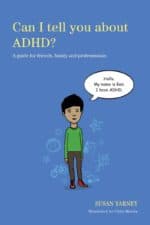
Can I Tell You About ADHD?
$31.95 -

Can I Tell You About Selective Mutism
$31.95 -

Can I tell you about Pathological Demand Avoidance syndrome?
$31.95
Pathological Demand Avoidance (PDA)
in the Classroom: Understanding and Teaching Strategies for Educators
(AS, PDA, ODD, ADHD, etc)
✅ Understanding of Pathological Demand Avoidance (PDA)
✅ What are Demands and How to Avoid
✅ PDA & Anxiety: Key Strategies
✅ Difference between PDD, ODD, and ASD
✅ Practical Approaches and Strategies to Support Learning
✅ Supporting and Understanding Behaviour
✅ PDA and Education: How to Make it WorkWhat, How & When to teach Social Skills
 2 Hours
2 Hours
 Certificate
Certificate
$149

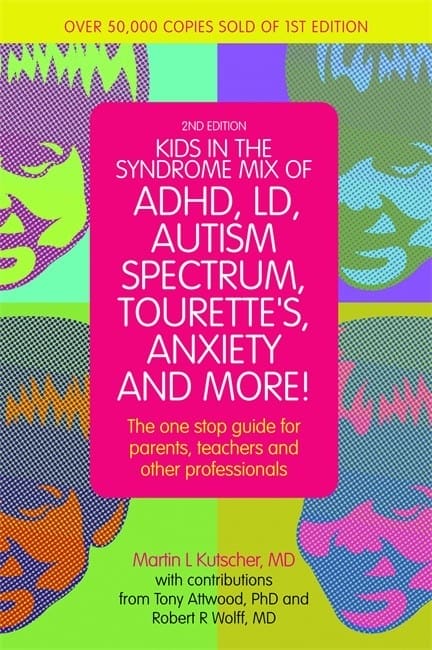


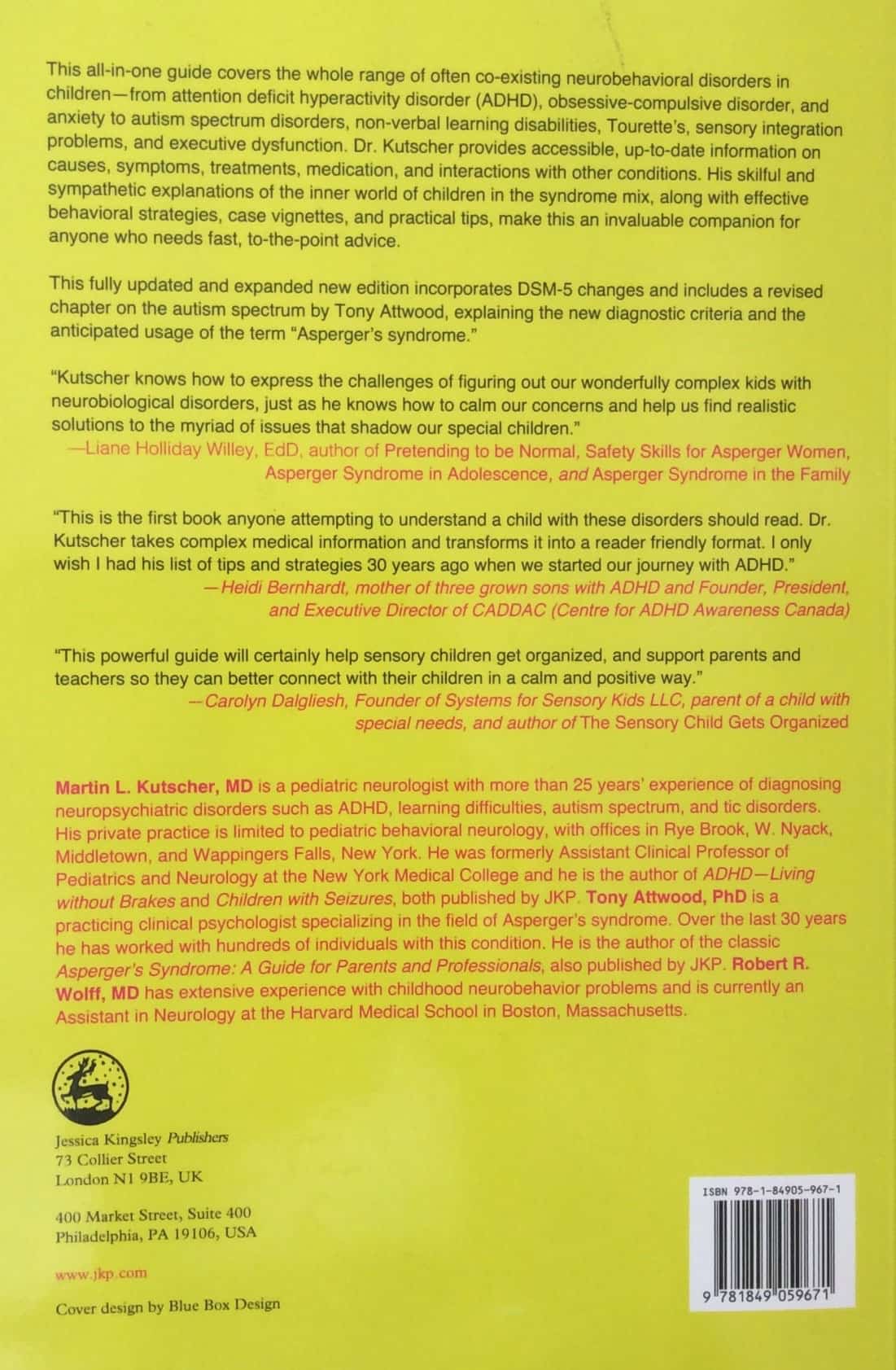


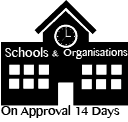
 Sorry we no longer ship items outside Australia. Please consider the digital versions of Sue’s Books –
Sorry we no longer ship items outside Australia. Please consider the digital versions of Sue’s Books – 